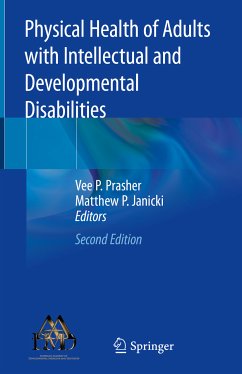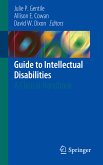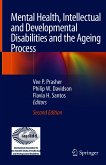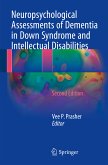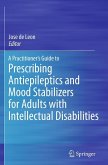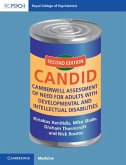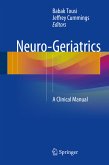The reader is updated on ongoing developments in the general population, which will become increasingly more relevant to adults with intellectual disability. This book also acknowledges that the impact on the person and on their carers always needs to be taken into account, with treatment programs established with a multi-faceted team approach in mind.
This book is aimed at an international audience of physicians and other alliedhealth personnel concerned about the health and welfare of adults with intellectual disability. It should also be of interest to researchers, administrators, and senior program personnel engaged in this field.
Dieser Download kann aus rechtlichen Gründen nur mit Rechnungsadresse in A, B, BG, CY, CZ, D, DK, EW, E, FIN, F, GR, HR, H, IRL, I, LT, L, LR, M, NL, PL, P, R, S, SLO, SK ausgeliefert werden.

